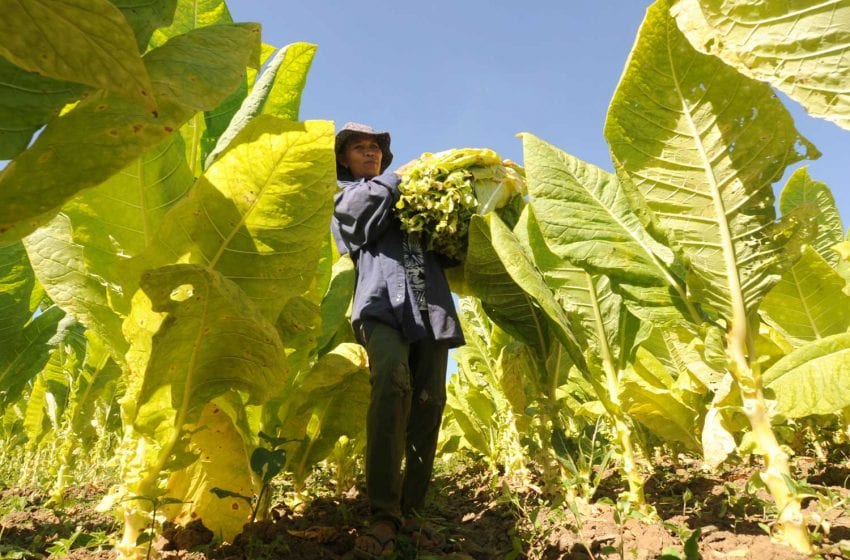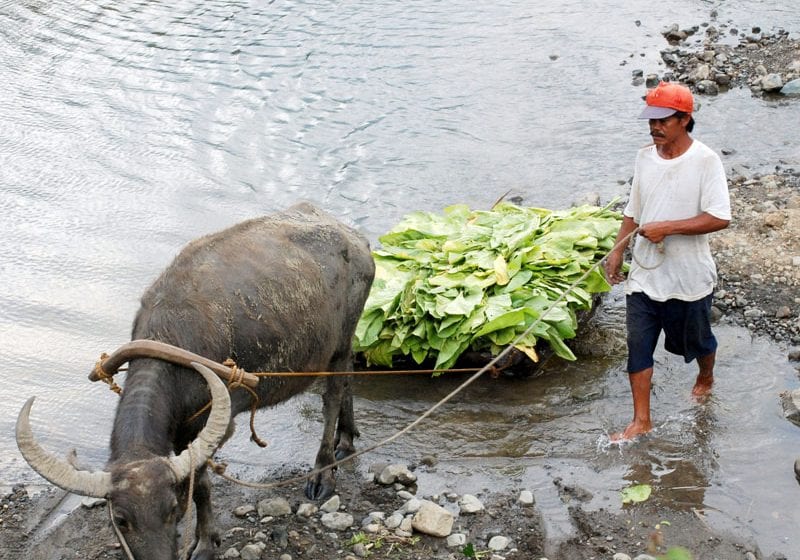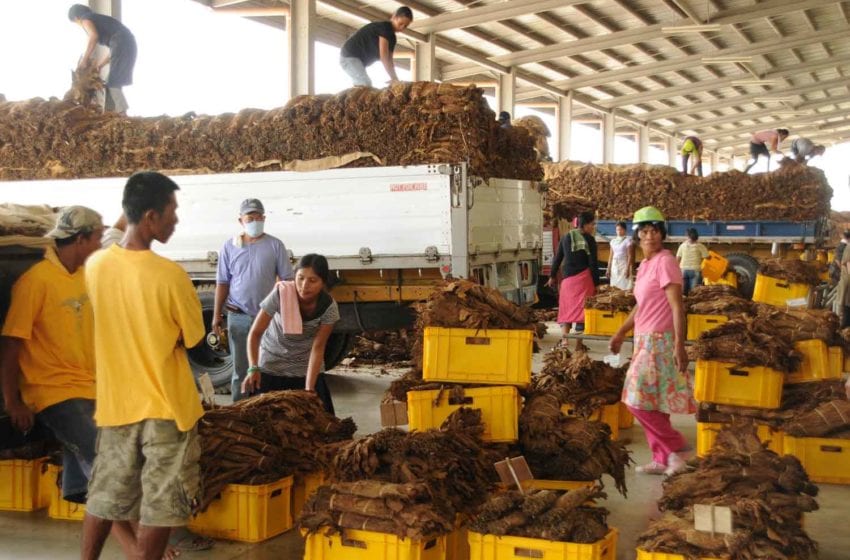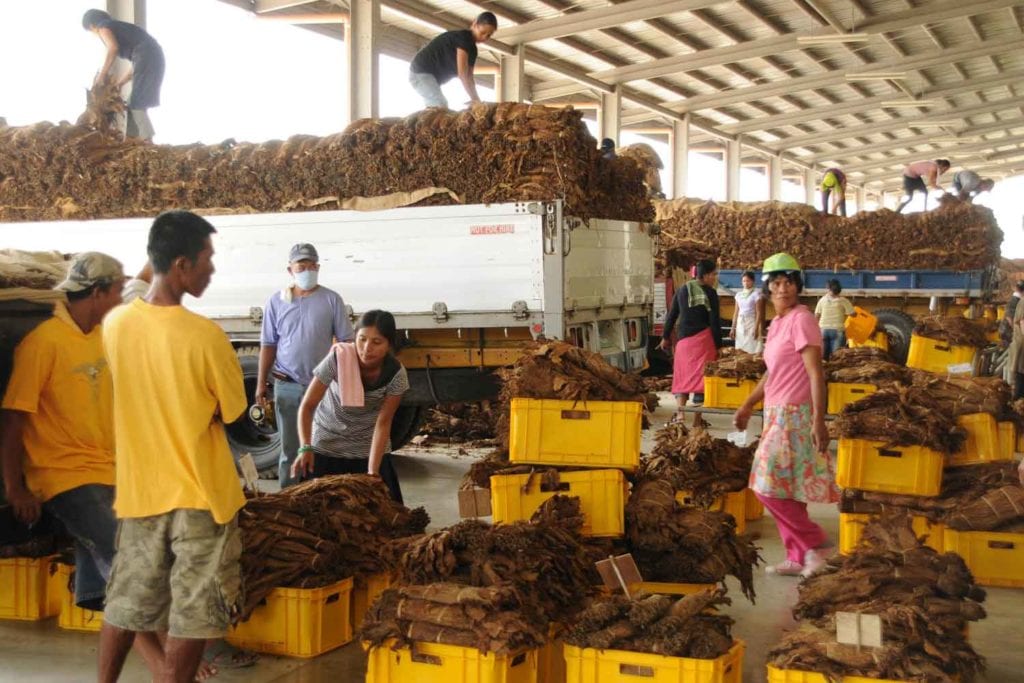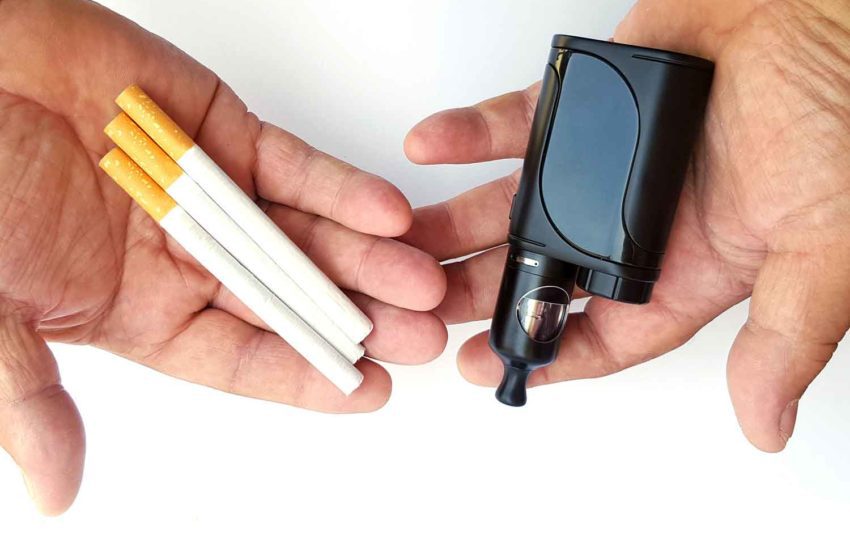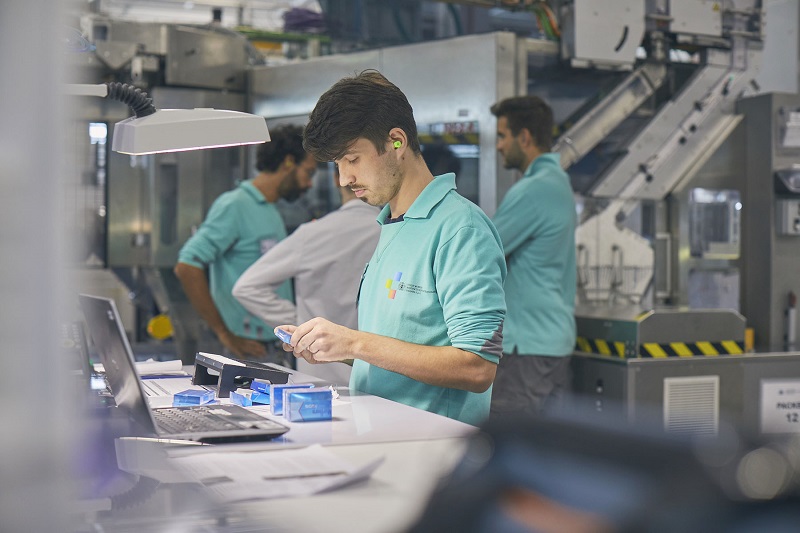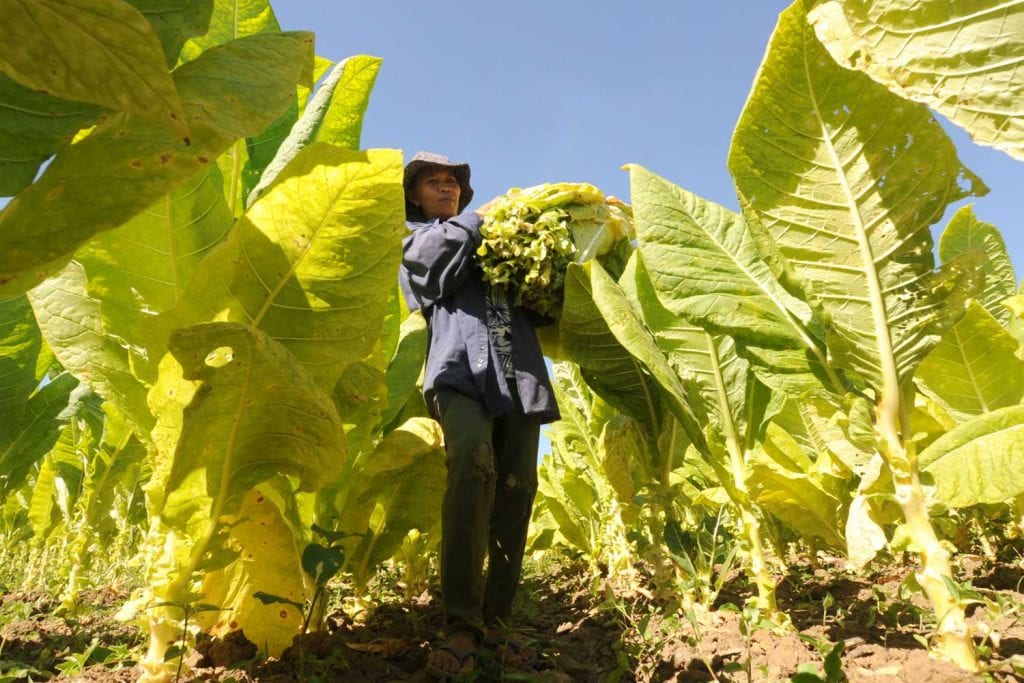
Filipino tobacco growers are asking their government to advocate for their livelihoods at the 10th Conference of the Parties (COP10) to the World Health Organization’s Framework Convention on Tobacco Control (FCTC), which is scheduled to take place Feb. 5-10 in Panama.
“Our lives are deeply intertwined with tobacco farming,” Leonardo Montemayor, a former agriculture secretary and board chairman of the Federation of Free Farmers, told The Manila Standard. “It is a way of life and our means of survival amid harsh economic headwinds. With the Department of Agriculture roadmap affirming its long-term support for tobacco farming, we hope that the Philippine government will take that commitment to heart when championing our industry in this upcoming COP.
The National Tobacco Administration (NTA) recently launched the Sustainable Tobacco Enhancement Program (STEP), an initiative aimed at boosting indigenous tobacco cultivation, particularly in Mindanao.
Saturnino Distor, president of the Philippine Tobacco Growers Association, said STEP would improve tobacco farmers prospects, especially with the regulation of safer alternatives to cigarettes like vapes and e-cigarettes. “Studies and science show these are better than cigarettes. That’s where the industry is headed, so we have hope that tobacco farming will continue,” he said.
“Tobacco farming sustains millions of farmers and their families, as well as workers in the industry,” Distor said. “Switching crops requires significant investment in new infrastructure. If the future of alternative products is uncertain, what about the future of farmers? We appeal for compassionate and humane policies.”
The Philippine tobacco sector employs more than 2.1 million people and contributes significantly to government income, with PHP160 billion ($2.86 billion) collected in excise taxes in 2022, according to the NTA.

